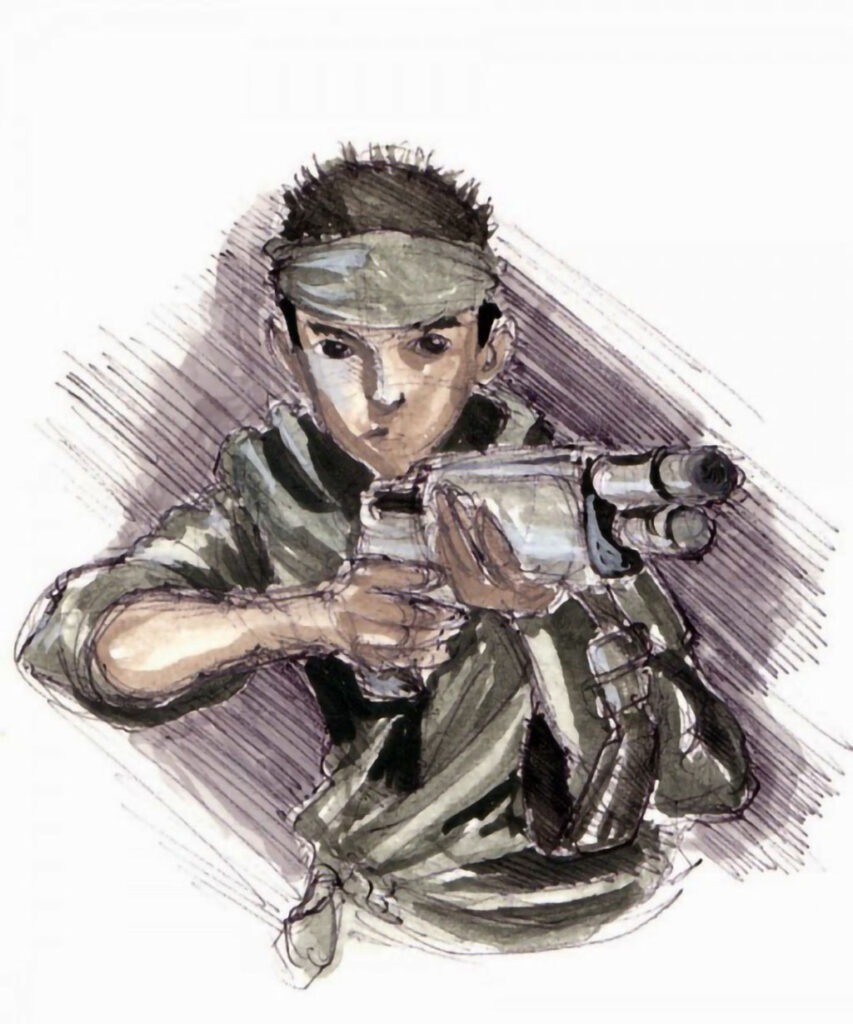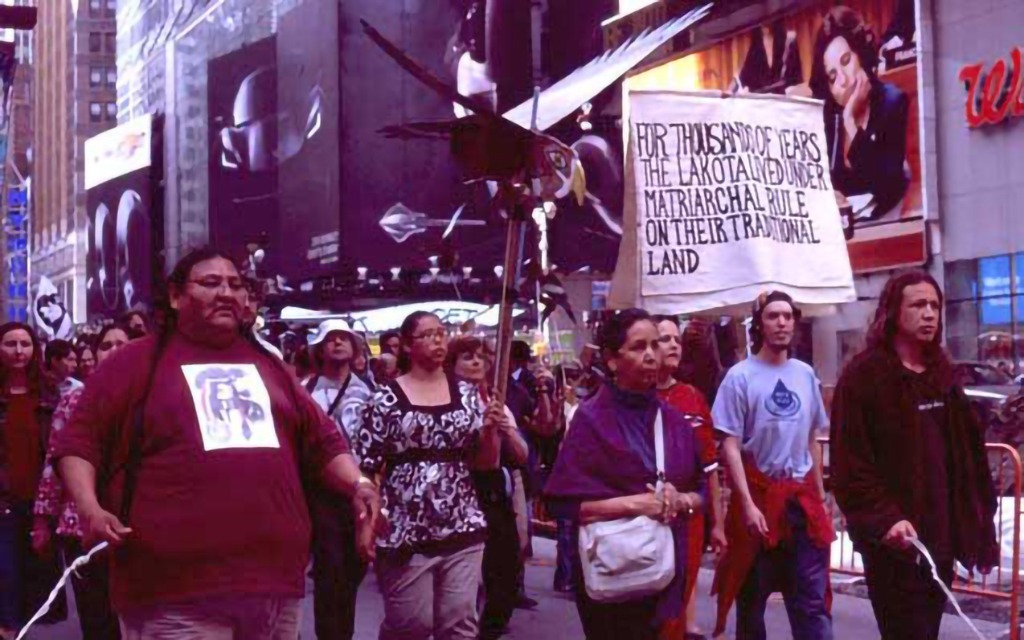
Premiers, Aboriginal Leaders Propose Missing Women Roundtable 1st Step
Canada’s premiers and aboriginal leaders are calling on the federal government to compromise and have key ministers meet with them to discuss the issue of missing and murdered aboriginal women.
#IdleNoMoreTwinCities
Premiers, aboriginal leaders propose missing women roundtable as 1st step
Inquiry would delay action, police chiefs say | www.cbc.ca

With the door slammed shut on a national public inquiry, Canada’s premiers and aboriginal leaders are calling on the federal government to compromise and have key ministers meet with them to discuss the issue of missing and murdered aboriginal women. P.E.I. Premier Robert Ghiz said preliminary discussions have begun for a national roundtable with federal ministers following a meeting of the premiers and aboriginal leaders in Charlottetown Wednesday. Ghiz said the premiers reiterated their call for the federal government to launch a national public inquiry but short of that said they were open to compromise. “We are also extremely supportive of the idea that if there is a national roundtable with federal ministers — that could be a good idea…,” Ghiz said. “We believe dialogue and compromise are good first steps. If we know we’re not going to get somewhere there’s no point us putting our head in the sand and saying we’re done with it.”
Ghiz said there has been some discussions around Justice Minister Peter MacKay and Aboriginal Affairs Minister Bernard Valcourt taking part in the roundtable but that nothing was confirmed yet. Prime Minister Stephen Harper’s comments after the killing of 15-year-old Tina Fontaine touched off a firestorm and renewed calls for a national public inquiry. Harper said the issue of 1,200 missing and murdered aboriginal women is “a crime” — not a “sociological phenomenon.” MacKay issued a statement on Wednesday condemning Fontaine’s killing as “a horrible and violent crime.” “What is clear, is that continued action and sustained effort and investment is required. What we don’t need, is yet another study on top of the some 40 studies and reports that have already been done… “We need police to catch the killer and ensure the perpetrator or perpetrators are punished and face the full force of the law.”
National action plan
The premiers also committed to working on “a socio-economic action plan” at the next national aboriginal women’s summit. Michèle Audette, the president of the Native Women’s Association of Canada, welcomed today’s outcome describing the roundtable and national action plan as the first steps in “a new chapter.” Audette, who has made public her intention to run for the federal Liberals in 2015, said waiting until the next federal election to take action isn’t an option when aboriginal women are found killed or continue to go missing. “We propose a roundtable where they will sit down with us to re-establish that dialogue.” Ghislain Picard, the national chief for the Assembly of First Nations, said the government’s refusal to launch a national public inquiry would not stop aboriginal leaders from trying to move forward with the premiers. Picard deplored the federal government’s position, calling their overall absence in these discussions “disrespectful.”
“Where is the federal government, where is the other partner? Every issue on the table calls for an input from the government of Canada.” Manitoba Premier Greg Selinger echoed Picard’s remarks, telling CBC News that the federal government has a role in preventing the disappearance and killings. “We need the federal government to be part of the solution,” Selinger told Evan Solomon. “They are responsible for the RCMP. They are responsible for the Indian Act. They are responsible for aboriginal issues under the Constitution.” In Ottawa, Opposition Leader Tom Mulcair agreed, saying taking action without Ottawa would lead to a “patchwork” of solutions. Mulcair promised Wednesday to call a national inquiry within 100 days if the NDP were to form the government following next year’s election.
Inquiry would delay action, police chiefs say
Shelly Glover, the minister of heritage and Conservative MP for Manitoba, wouldn’t say if a national roundtable with ministers would see the light of day but backed the chiefs of police in their call for immediate action. “It’s about time we allow the police to continue the work that they’re doing without interruption and they’ve been very vocal about not wanting any delays as well.” Glover, who has nearly 20 years of service as a cop under her belt, said police have solved a high number of murder cases involving aboriginal women. “They’ve got a good track record. We’re going to continue to give them the tools to make sure that that track record continues,” Glover said in an interview with CBC News on Wednesday. The head of the Canadian Association of Chiefs of Police said on Tuesday it hasn’t endorsed a public inquiry into missing and murdered aboriginal women because such an exercise would only delay action.
Chief Clive Weighill said the problem is not solely a policing issue and called on all levels of government to take action. “The CACP suggests that these troubling occurrences are certainly broader than a police issue. It includes health, social services, education, aboriginal people and all levels of government. “We are not so concerned about the process; that’s for others to decide. However, we take this issue very, very seriously and we don’t want to see unnecessary delays to concrete action,” Weighill said. The federal government insists it is not ignoring the issue of missing and murdered aboriginal women, pointing to dozens of initiatives it has taken including “tougher sentences for murder, sexual assault, and kidnapping, and mandatory prison sentences for the most serious crimes.” The RCMP made public a report in May showing there were 1,181 reported cases of murdered and missing aboriginal women over the past 30 years.
Of the total reported cases, 1,017 are homicide victims and 164 are considered missing. A total of 225 remain unresolved. The report also found that close to 90 per cent of all female homicides are resolved and that “there is little difference” in solve rates between aboriginal and non-aboriginal victims. A report tabled in March by MPs on the Special Committee on Violence Against Indigenous Women made 16 recommendations, including the creation of a public awareness and prevention campaign, and the implementation of a national DNA missing persons’ index. The government vowed in the report to implement all recommendations in “a co-ordinated action plan.”





Responses